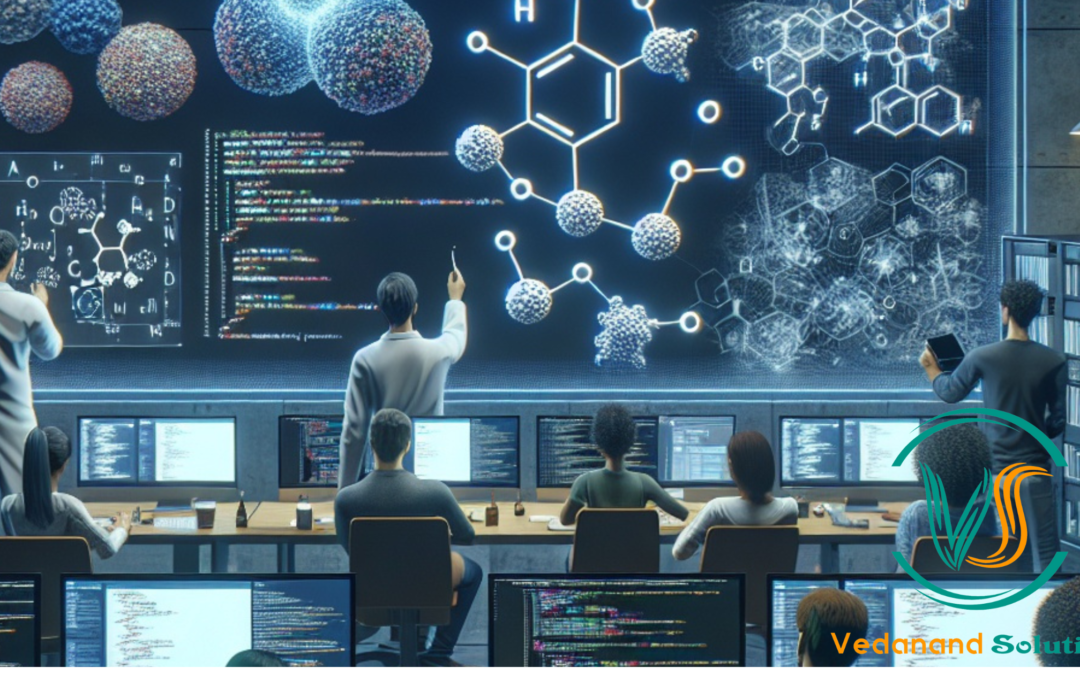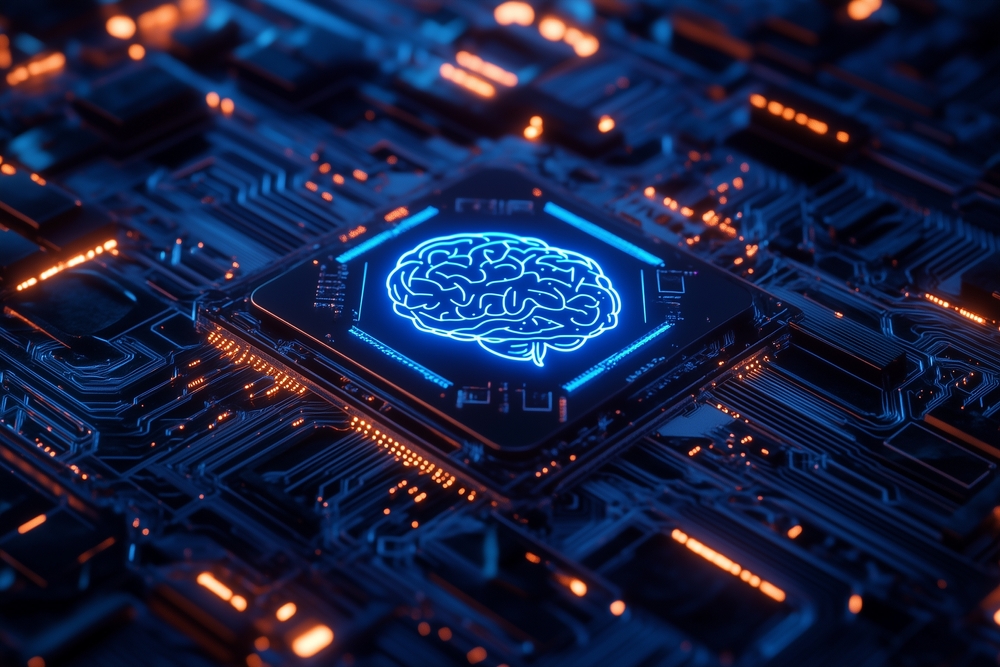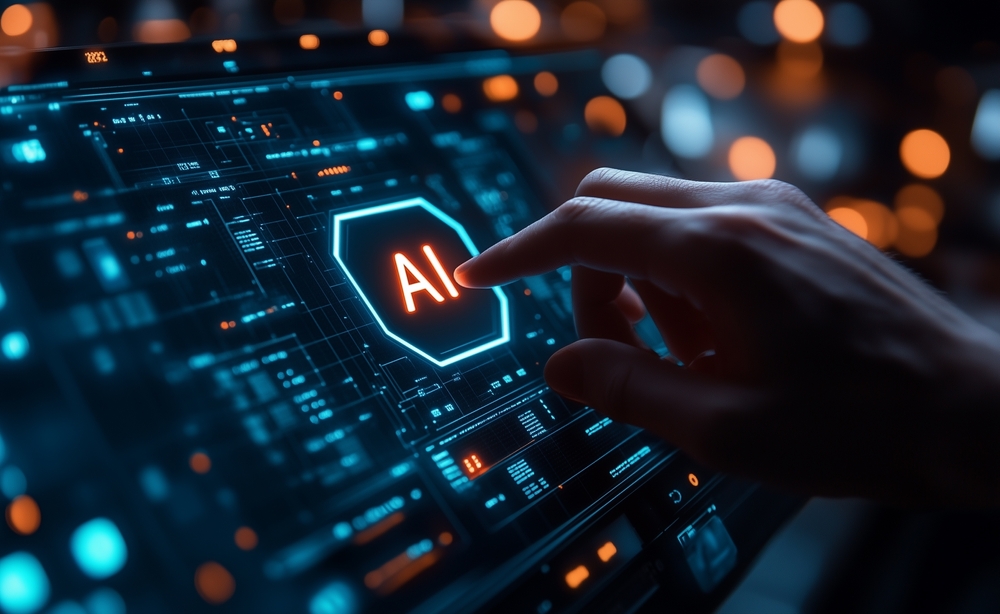Transformative change is occurring in the drug discovery landscape; the arrival of generative AI has been instrumental in this regard. Using elaborate algorithms as well as large volumes of information, this kind of intelligence has brought about a new era in identifying and developing highly efficient drugs. Generative AI has opened up opportunities for unprecedented innovation within pharmaceuticals through the optimization of the drug discovery process.
Important Points to Consider for Generative AI & its association with Drug Discovery
Generative AI refers to artificial intelligence systems that can produce new data based on patterns they learnt from existing datasets. In drug discovery, these systems search through a large number of biochemical data to generate new chemical structures that can lead to effective medications.
There is no denying the fact that Pharmaceuticals from AI’s effort attract immense benefits such as boosting the first phase of drug manufacture. It takes several years for convectional means to recognize useful compounds, whereas with AI it can take only a fraction of time as it predicts molecular interactions quickly and precisely.
In addition, generative AI thrives best in a zone called chemical space which translates into all available chemical compounds. This can be done by AI even more comprehensively as compared to human researchers since it can spot with more confidence than they do what seem to be inchoate compounds.
Another vital advantage of AI is its ability to iterate quickly. This algorithmic continuous learning and improvement enhance the quality of generative AI’s predictions with time. This iterative process leads to the development of better and more secure medication, resulting in increased efficiency for the whole development pipeline.
In drug discovery, one significant application of generative AI is designing new compounds. New molecular structures may be generated by AI models to satisfy given conditions like how well it can bind the target protein to make drugs work. This focus on an aim raises the chance of finding the right medications that have been recognized in the past years.
When we examine the molecular composition and effects of medicine released today; generative artificial intelligence has the important function of improving them. This improves their efficiency while decreasing the side effects intensities, hence improving patients’ responses to different therapeutic regimens. It is an essential step in developing more effective drugs.
In addition, dehumanizing artificial intelligence in the development of drugs may help in complicated diseases such as cancer and neurological problems which have complex biological pathways rendering them difficult to understand The core AI model of such diseases hence provides ideas towards ways in which they can be handled in a focused and specific way.
Artificial intelligence offers so much promise in medicine since it is capable of personalizing medicines using individualized genetic profiles, thereby enabling the maximization of benefits from drugs and the reduction of their side effects in each patient. The latter, which has great potential, is associated with artificial intelligence.
Generative AI contributes to cost reduction, especially in accelerating drug discovery. The traditional drug development process is simply known as expensive with billions of dollars being the cost. Streamlining late stages of research and development which are many by AI would translate to a lot less spending by medication manufacturers.
Future of Drug Discovery and Enhanced Use of Generative AI
To unleash the full power of generative AI, it is necessary for those involved in the pharmaceutical industry who are developing AI algorithms to cooperate. Such groups should unite biologists’ knowledge bases with AI model insights so that produced chemicals are applicable both theoretically (which means measurement specifications do not change upon probing) and in clinics alike.
Even though it has numerous advantages, the employment of generative AI for drug discovery also has its disadvantages. For any machine learning algorithm to work properly, there is a need for quality as well as enough quantity of information. This concerns especially the issue of artificial neural network models that are supposed to be fed with large enough training sets so that they can be efficient enough in their functioning process. This means that it’s vital to always ensure that there is permanent access to the same data.
Ethical questions are also crucial. AI in drug discovery should be developed under careful ethical guidelines. This encompasses matters like data privacy, informed consent, and potential bias in the use of AI.
Another challenge for developers is obtaining approval for the drug. All drugs that are made using Artificial Intelligence have to be subjected to thorough assessments as well as approval processes so that they can be proven effective and harmless. To achieve this, regulators must evolve alongside fast fast-changing AI-driven pharmaceutical sector to give specific directions regarding the use of AI during drug development.
With the adoption of generative AI systems, it is anticipated that, shortly, pharmaceuticals will be discovered at a faster rate than before; they will also become more efficient as well as personalised. Consequently, this shift might have a twofold impact in terms of helping to find better therapies for patients while simultaneously improving our comprehension of human diseases and health.
Also Read: Revolutionize Your Innovative Creations with Remaker AI
Conclusion
In Conclusion, Generative artificial intelligence shows great potential to change the way drug development happens. Then again, it has the power to hasten the process of developing drugs due to its ability to cover the entire chemical territory and enhance chemical output; for this reason, it is a very useful tool for looking for medicines that are both new and more effective. However, if it is to achieve its full potential, it will require sustained partnerships, moral principles, and rules adjustment.





